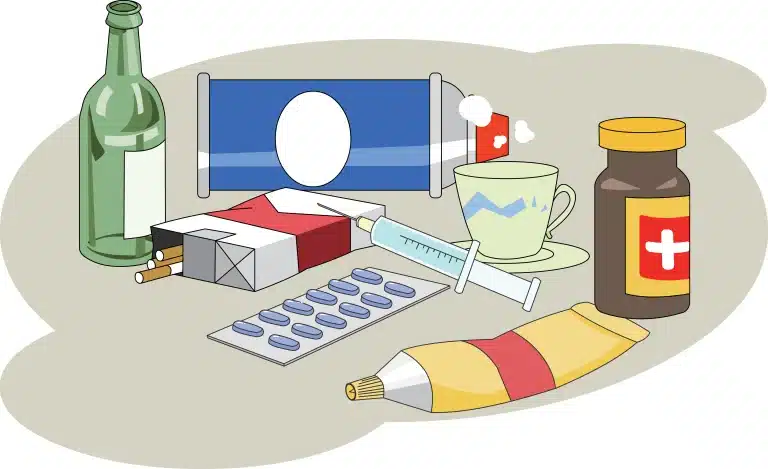Recovering from addiction comes with its own hoard of challenges, and self-blame is one menace many people encounter during their recovery journey. Falling into a…
Recovering from addiction comes with its own hoard of challenges, and self-blame is one menace many people encounter during their recovery journey. Falling into a pit of self-blame can place many hindrances in the recovery process. Empathy, compassion, and patience go a long way and can make all the difference in the world for someone who’s just starting addiction treatment.
A person in recovery is usually going through a myriad of negative emotions. Teaching them about self-love and encouraging them to be more forgiving towards themselves can greatly alleviate their distress and puts them in a healthy headspace.
Instead of considering the genetic, emotional, and environmental factors contributing to an Individual’s substance abuse condition, society often throws the sufferer under the bus and puts all the blame on them, further intensifying their anguish. It is important to understand that addiction can’t just develop on its own without a trigger.
Unable to find Relief

People start abusing substances only when they’re unable to find relief from their social, mental, and emotional problems. Additionally, genetic patterns and mental health tendencies also play a key role in the manifestation of substance abuse and cannot be ignored. Addiction can only be treated when all other contributing factors are helping to achieve the goal.
People suffering from addiction are often engulfed in a lot of negative emotions like embarrassment, shame, and guilt. They often struggle to process these feelings and end up feeling extremely distressed. In cases like these, addiction therapy can work wonders and helps in identifying the root cause of the issue by considering many factors like genetics, mental health history, and environment. All these factors play a key role in a person’s mood, behavior, and emotions and help anticipate how they will respond to anxiety, depression, and stress.
Self-blame can be a very destructive behavior but, fortunately, is often curable. A qualified therapist can look into contributing factors and can help identify the root cause of the problem.
Self- Blame, and its Connection With Addiction
Self-blame can best be described as a form of self-loathing that causes a person to believe that their actions are the cause of their condition and suffering. This can be a bit complicated to navigate as it can either induce corrective behavioral changes or further aggravate harmful behaviors.
The article, Characterological Versus Behavioral Self-Blame: Inquiries into Depression and Rape, suggests two kinds of self-blame: characterological and behavioral.
It suggests that Behavioral self-blame is often connected to control. Control refers to modifiable factors such as behavior and associations that believe that unwanted outcomes can be avoided. Characterological self-blame is usually about one’s esteem and involves attributions about relatively modifiable factors like our character, and leads one to think that they personally deserved all negative outcomes they faced in the past.
We need to understand that try as we might; we simply cannot control everything that happens in our life. Like our environment, brain chemistry and genetic makeup are beyond our control, and there’s nothing we can do about it. Once this realization sets in, a person can alter their behavior and thought patterns and modify their response to such things, which can lead to recovery.
Self-Love and its importance in Recovery

The love for oneself is a person’s ability to embrace their true self and make peace with the things out of their hands. Self-love isn’t a selfish or egotistical attribute, but it is rather a form of nurturing and growth of the mind, body, and spirit. People who care for themselves, just how they would for a loved one, learn how to incorporate positivity and fruitful habits into their lives.
They are encouraged to embrace and accept all their flaws, make peace with them and foster self-growth. People are the same, and everyone has good and bad things about them. This is what makes us unique and beautiful, and therefore we must learn to value ourselves as a whole and not some parts.
Everyone has their own flaws and shortcomings. Our environment, behavioral tendencies, and genes can dictate how we react to drugs and liquor. The individual, group, or holistic therapy approaches can significantly help an individual understand why they respond to illicit substances the way they do.
Believing in treating the person, not the disease
Organizations that believe in treating the person, not the disease, often provide a nurturing and supportive space for recovery. Addiction treatment usually isn’t a one-size-fits-all and often requires adjustments on a patient-to-patient basis. People shouldn’t be reduced to their condition and should have access to a variety of treatment options available to them.
Personalized, considerate, and accommodating care can allow a person to explore more holistic approaches. Some of them are meditation, mindfulness, yoga, art, journaling, and reflection.
Combining all of these support mediums with individual or group therapy can allow a person to exit their spiral of self-blaming, and loathing can help them achieve huge new milestones in their recovery journey against addiction.
A person thinking they can control everything that happens in their life is vulnerable to feelings of embarrassment, guilt, and shame. Addiction is governed by a person’s surroundings, brain chemistry, and genetics and has nothing to do with one’s ability to control things. Properly researching and comprehending the link between addiction and other factors that influence it can greatly improve a person’s quality of life.
At Costa Rica Treatment Center, we value a person for who they are and not only look at their diseases. Our goal is to help you in your recovery journey and see you leap from self-blame to self-love. That’s why we’re committed to modifying your treatment in a way that suits you best so that you can receive the care you deserve. We are a private treatment facility with a sophisticated setup that is designed to help you feel comfortable as you make your journey towards recovery. Please don’t hesitate to reach out for more information at 1-800-708-3656 or through the contact page.








